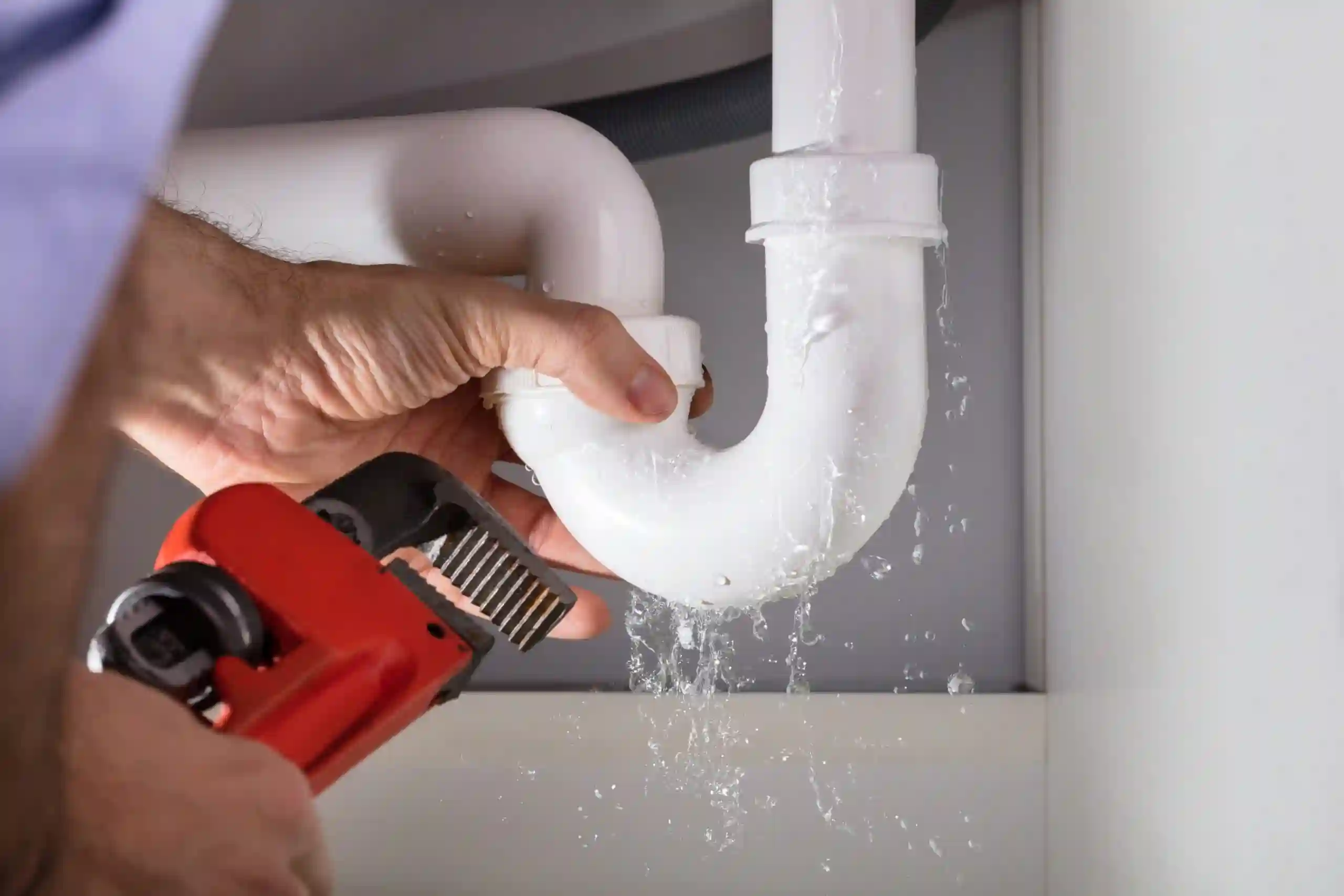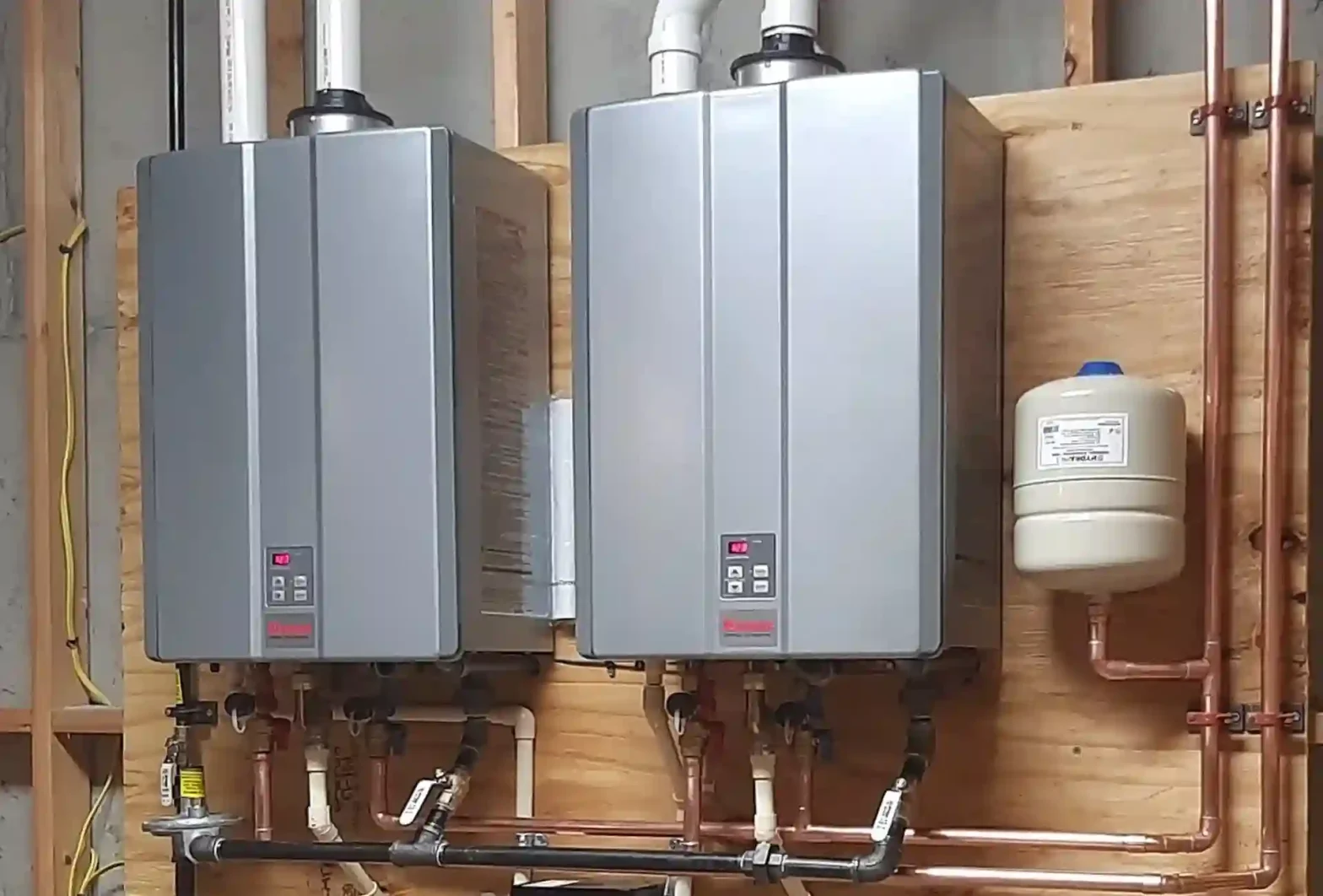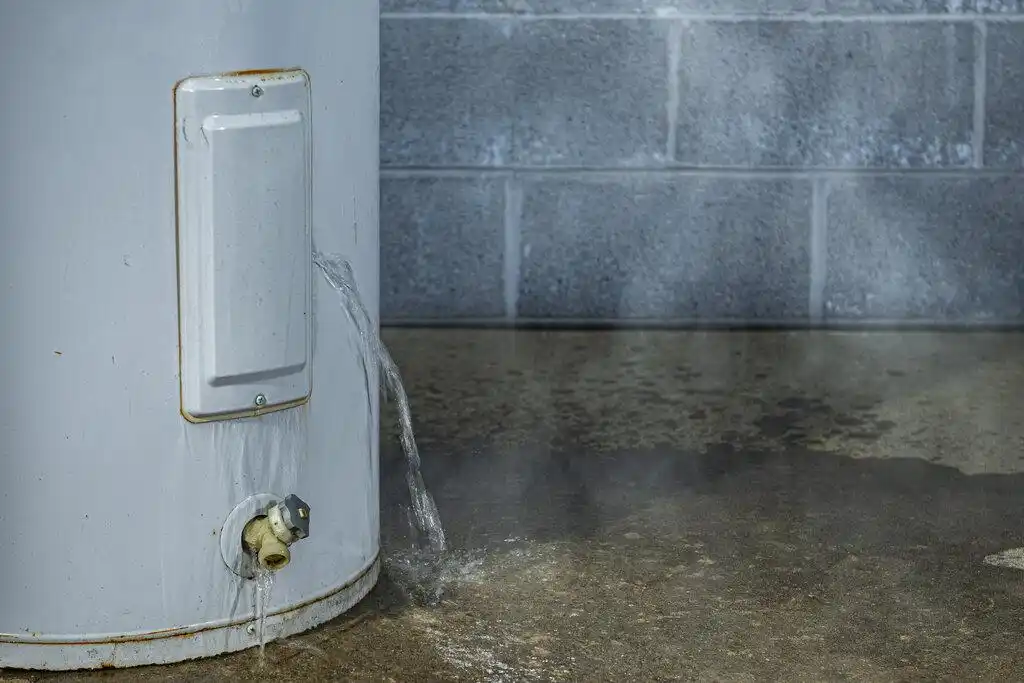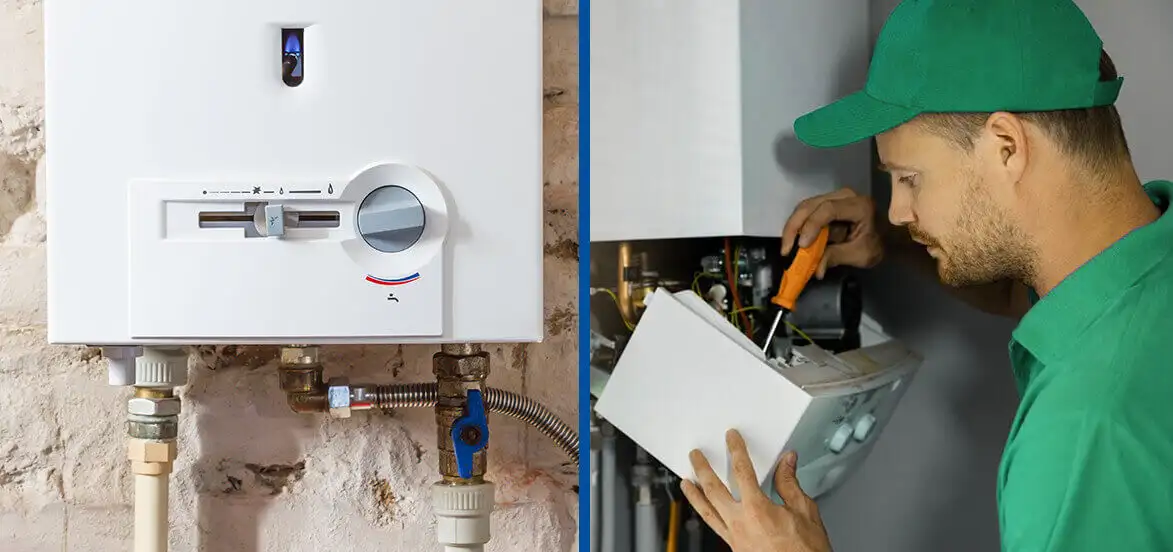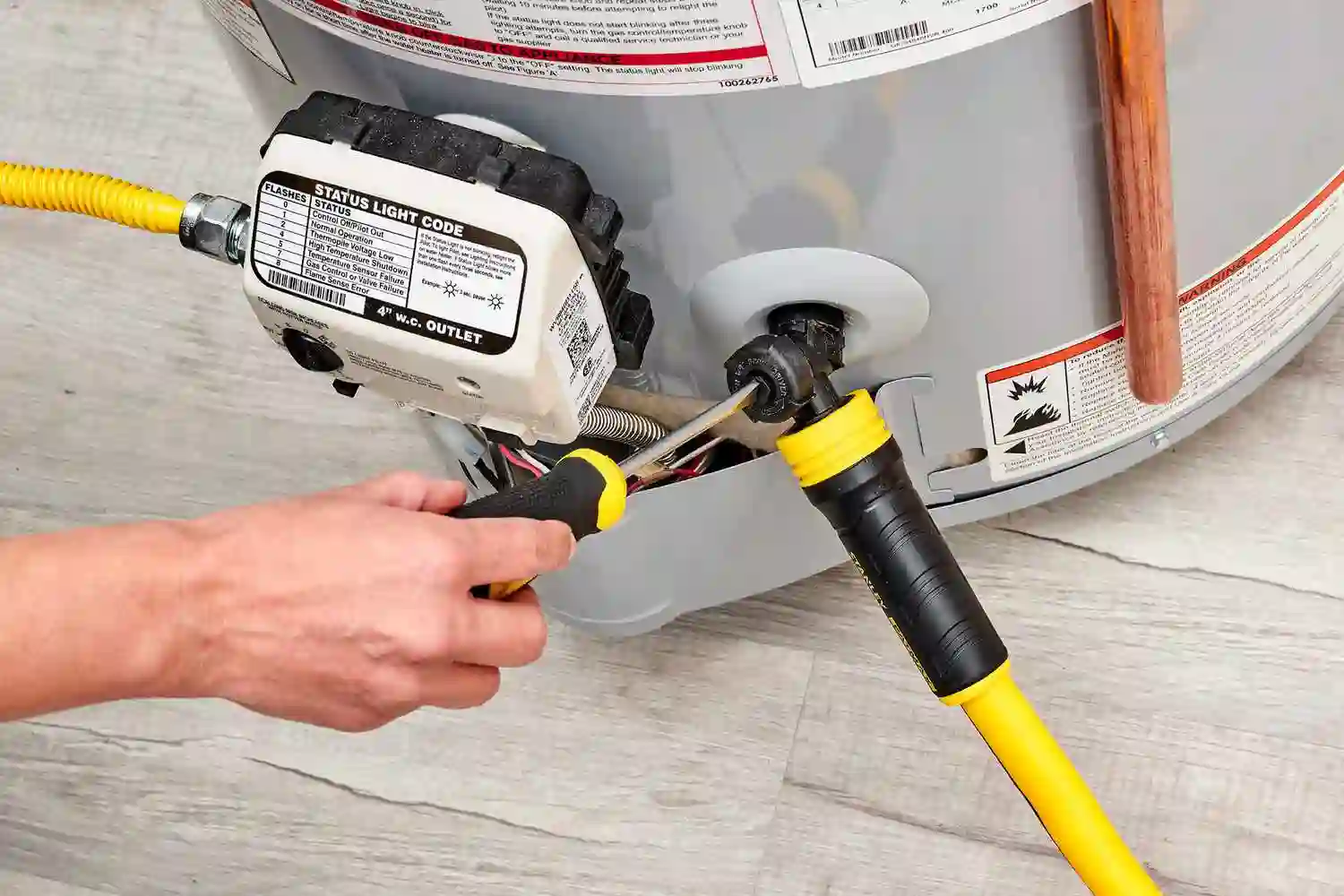5 Situations Where Only an Emergency Plumber Can Prevent a Disaster
Some plumbing problems can wait until morning. Others cannot. When water is racing through your home or sewage is moving the wrong way, every minute counts. Calling an emergency plumber in these moments is not about convenience. It is about protecting your home, your health, and your wallet. Below are five situations where immediate professional help is the difference between a quick fix and a costly disaster, along with practical steps you can take while help is on the way.
1. A Burst Pipe Is Flooding Your Home
A burst supply line can dump dozens of gallons in minutes. Walls soak up water, floors warp, and ceilings can sag. The longer water runs, the more demolition and dry-out you will need later.
What to do right now:
Find the main shut-off valve and close it. Open a few cold taps to relieve pressure and help the lines drain. Move furniture and rugs out of the wet area and start blotting with towels. If water is near outlets or appliances, switch off the power at the breaker for that area. Call an emergency plumber and describe where the line burst, what you have shut off, and any visible damage. A pro will stop the leak, replace damaged pipe, and pressure-test the system so you can safely turn water back on.
Why it is an emergency:
Every minute adds square footage of damage and increases the risk of mold. Quick professional repair keeps the mess contained and the restoration bill lower.
2. Sewage Is Backing Up Into Drains or the Toilet
When wastewater reverses direction, health risks rise fast. A partial blockage can become a full backup with one more flush or a washing machine cycle. Sewage can flood bathrooms and basements and contaminate porous materials.
What to do right now:
Stop using water throughout the home. Do not flush toilets, run dishwashers, or start laundry. If you can reach a clean-out cap outdoors, back pressure may ease when it is opened cautiously, but leave line clearing to a professional. Call an emergency plumber for immediate main-line clearing, often by hydro-jetting or a heavy-duty auger. Keep people and pets away from contaminated areas until a pro addresses both the blockage and sanitation.
Why it is an emergency:
This is not only property damage. It is a sanitary hazard. Prompt clearing and disinfection protect your family and prevent deeper contamination.
3. You Smell Gas Near the Water Heater or Hear a Hiss
A rotten-egg smell around a gas water heater or a faint hiss at a gas line demands immediate action. Natural gas is highly flammable, and even a small leak can ignite.
What to do right now:
Do not switch lights on or off. Do not use your phone indoors. Evacuate everyone to fresh air and call emergency services from outside. Once first responders give the all clear, an emergency plumber or licensed gas technician can find and fix the leak, replace faulty flex connectors or valves, and test the system for safe operation.
Why it is an emergency:
Fire and explosion risk make this a life-safety issue. Only trained professionals with the right detectors and fittings should touch gas lines.
4. The Water Heater Is Leaking Heavily or Making Violent Noises
A steady stream from the tank, a bulging side, or loud popping and banging can signal a failing tank or dangerous pressure buildup. Left alone, a tank can rupture and flood the mechanical room, or a stuck pressure valve can allow pressure to climb.
What to do right now:
Turn off the power to the heater at the breaker. For gas units, set the control to the lowest setting or off. Close the cold-water inlet valve on top of the tank. If you can do so safely, attach a garden hose to the drain valve and direct water to a floor drain to relieve the tank. Call an emergency plumber to evaluate the tank, the temperature and pressure relief valve, and nearby shut-off valves. They will decide whether repair is safe or replacement is required.
Why it is an emergency:
A failing tank can flood fast. Pressure issues can be dangerous. Immediate professional assessment prevents bigger damage and restores hot water safely.
5. Frozen Pipes With No Water Flow
During a cold snap, water can freeze inside pipes. Ice expands and turns a regular line into a split waiting to happen. Even if the pipe has not burst yet, it can crack as soon as thawing begins.
What to do right now:
Shut the main valve if you see frost on lines or hear unusual clanking. Open faucets to relieve pressure. Gently warm accessible sections with towels soaked in warm water or a hair dryer set to low, starting near the faucet end so steam can escape. Never use an open flame. If multiple fixtures are affected, call an emergency plumber. They can thaw lines safely, locate hidden breaks, and restore service without causing additional splits.
Why it is an emergency:
A frozen line can burst at any moment and flood the area. Guided thawing and immediate repairs limit damage and get water flowing again.
How to Tell It Is an Emergency, Not a Next-Day Appointment
Ask two simple questions. Is anyone’s safety at risk? Will waiting cause expensive damage? If the answer to either is yes, you need an emergency plumber. Burst pipes, sewage backups, gas smells, and actively leaking water heaters all qualify. Slow sinks and minor drips usually do not. If you are unsure, describe the situation clearly on the phone. Ethical companies will give shut-off guidance and either dispatch a crew immediately or book a first-light visit to save you after-hours fees when it is safe to wait.
What an Emergency Plumber Brings to the Scene
Speed is the headline, but capability is the story. Emergency crews carry specialized tools that handle worst-case scenarios on the first visit. That includes heavy-duty augers and jetters for main-line clogs, pipe-freezing kits or safe thaw systems for winter calls, pressure gauges and repair fittings for burst lines, and gas detectors for suspected leaks. They also bring containment gear, wet vacs, and pumps to control water and protect your property until restoration begins. The goal is to stop damage first, then make lasting repairs.
What You Can Do Before They Arrive
Knowing your main water shut-off location is the single best way to control damage. Keep a flashlight and a basic wrench nearby. Place inexpensive leak alarms under sinks and near the water heater so you get an early warning. Keep a few thick towels and a plastic bin handy for quick water containment. Save an emergency plumber’s number in your phone and on the fridge. These little steps turn panic into a calm plan.
Final Thoughts
Emergencies are about momentum. Water flows where it wants, sewage pushes back through the path of least resistance, and pressure climbs quietly until something gives. When you act quickly and call an emergency plumber, you break that momentum. You stop damage early, you protect the structure, and you keep repair costs in check. Keep your shut-off map handy, listen for warning sounds, and trust professionals to handle the rest—any hour, any day.


